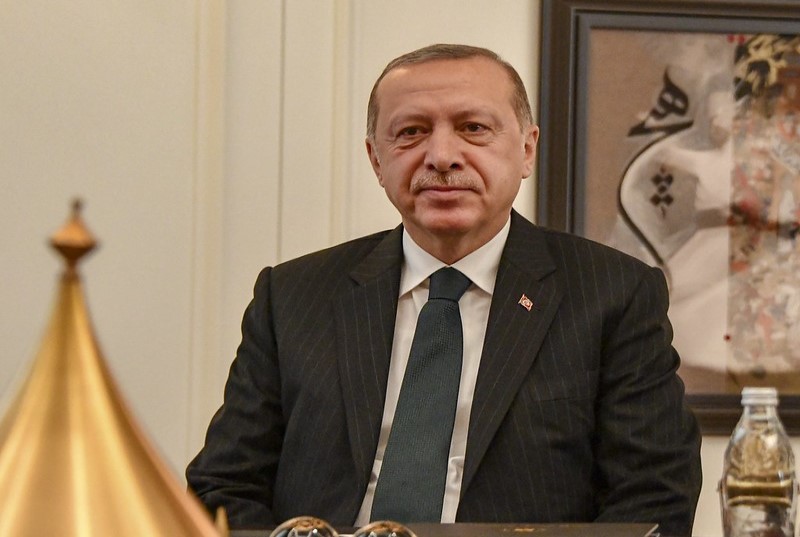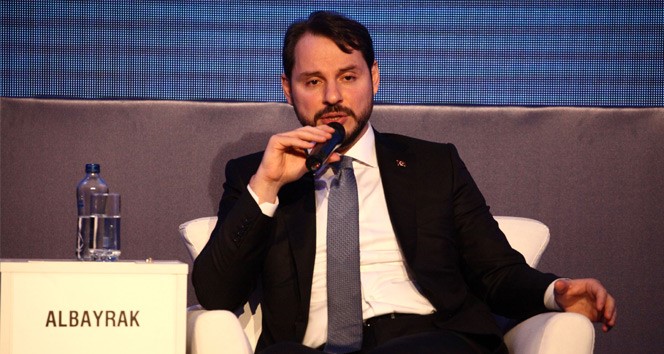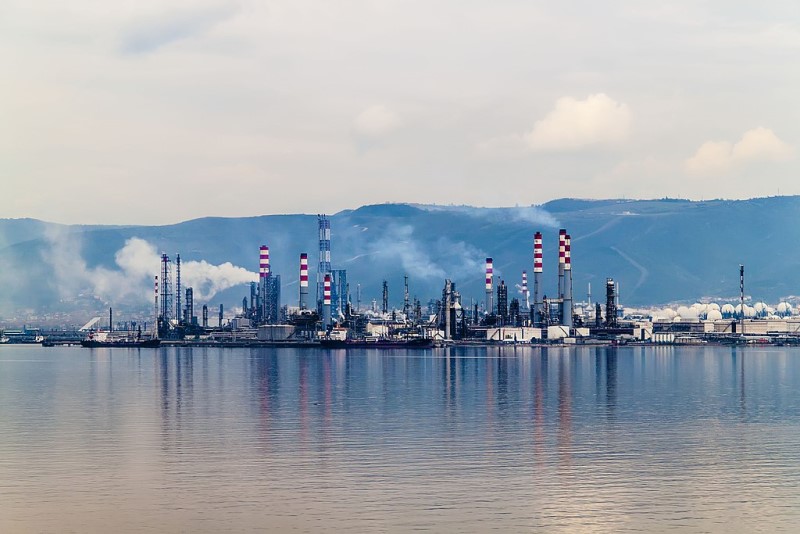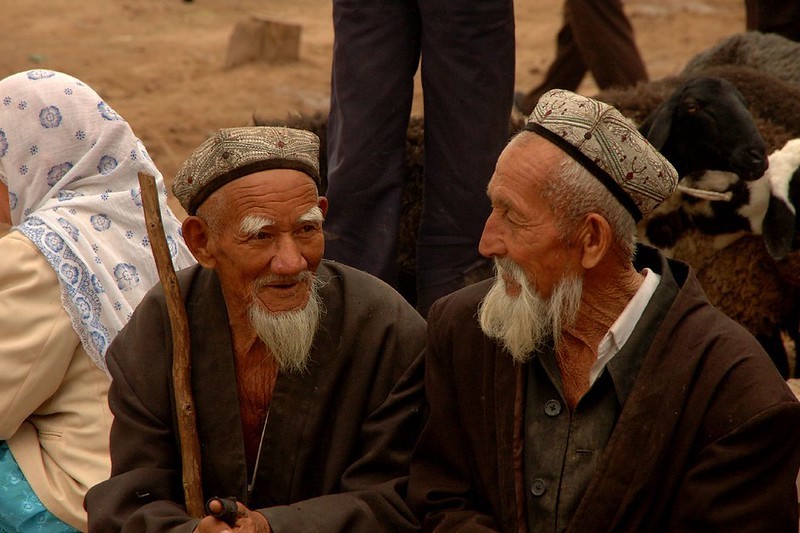Has Turkey Outfoxed China in Azerbaijan to become a rising Eurasian power?
By Michaël Tanchum
January 19, 2021
Turkey's decision to provide an unprecedented level of military assistance to Azerbaijan empowered Baku to achieve a resounding victory in the 2020 Nagorno-Karabakh War, changing the geopolitical rules of the game in the South Caucasus. Moreover, the war has enhanced Ankara's ability to project its influence in Central Asia. Benefiting from its inclusion in the Chinese-led BRI network of connectivity across Central Asia, Turkey may have outfoxed China in Azerbaijan to become a rising Eurasian power. Although Russia now has to tolerate the presence of Turkish troops on Azerbaijani soil, China may be the big strategic loser in the war's outcome.

Turkey and the Post-Ceasefire Security Design in Nagorno-Karabakh
By Natalia Konarzewska
December 30, 2020
Turkey offered unprecedented military assistance to Azerbaijan in its recent war with Armenia over the break-away Nagorno-Karabakh region. Its extensive military involvement in the conflict has already payed off and it is, furthermore, set to have far-reaching geopolitical implications in the future. The agreement with Russia on the establishment of a joint ceasefire monitoring centre provides Turkey with a military foothold in the south Caucasus. Even though Turkey is relegated to a secondary role in the post-war security arrangements in Nagorno-Karabakh – as Moscow is reluctant to share power in its self-assigned backyard – it has nonethelss gained a direct gateway to the Caspian Sea and Central Asia that may in time prove crucial.

The Turkish Economy after Albayrak: The Limits of Monetary Reset
By Barış Soydan
December 10, 2020
President Recep Tayyip Erdoğan is certainly right to point to the need of reforms to restore the confidence of international investors in Turkey. Yet his determination, and assuming that he’s sincere, his ability to see reforms through is very much in doubt. Besides, Erdoğan retains a hands-on approach to monetary policy even after the departure of his son-in-law Berat Albayrak from the Ministry of Finance. He may well decide once again to stimulate the economy with cheaper and larger amounts of credit, which would inevitably further destabilize the Turkish economy.

Black Sea Gas Find Gives Turkey Leverage against Russia
By Natalia Konarzewska
November 23, 2020
In August 2020, Turkey announced the first sizeable natural gas discovery off its Black Sea coast, estimated to contain some 320 billion cubic meters (bcm) of gas. In October 2020, after weeks of additional exploration, Turkey revised the estimation of the newfound gas reserve upwards to 405 bcm. The discovery of the Sakarya gas field was met with euphoria, as it came after years of unfruitful quest for indigenous natural gas reserves. The finding promises to ease Turkey’s dependence on hydrocarbon imports and Ankara will likely use its new-found gas field as leverage against Russia, which is bound to have geopolitical implications.

Has Turkey Abandoned the Uighurs?
By Sudha Ramachandran
November 11, 2020
Turkey’s relations with China have undergone a sea change in recent years, with deepening bilateral cooperation. Ankara’s economic dependence on China and thus susceptibility to its pressure is rising, and it has led to a shift in Turkey’s policy towards the Uighurs, China’s Turkic minority. Turkey’s decades-old policy of supporting the Uighurs is changing; it is no longer the safe haven it once was for Uighurs fleeing Chinese repression and Turkey is reportedly deporting them to China. The Uighurs risk losing their strongest, if not only, supporter in the Muslim world as China’s role in Turkey’s economy continues to expand. The shift in Turkey’s stance toward the Uighurs is likely to be permanent. It ultimately speaks of the primacy of economic concerns over nationalism.



